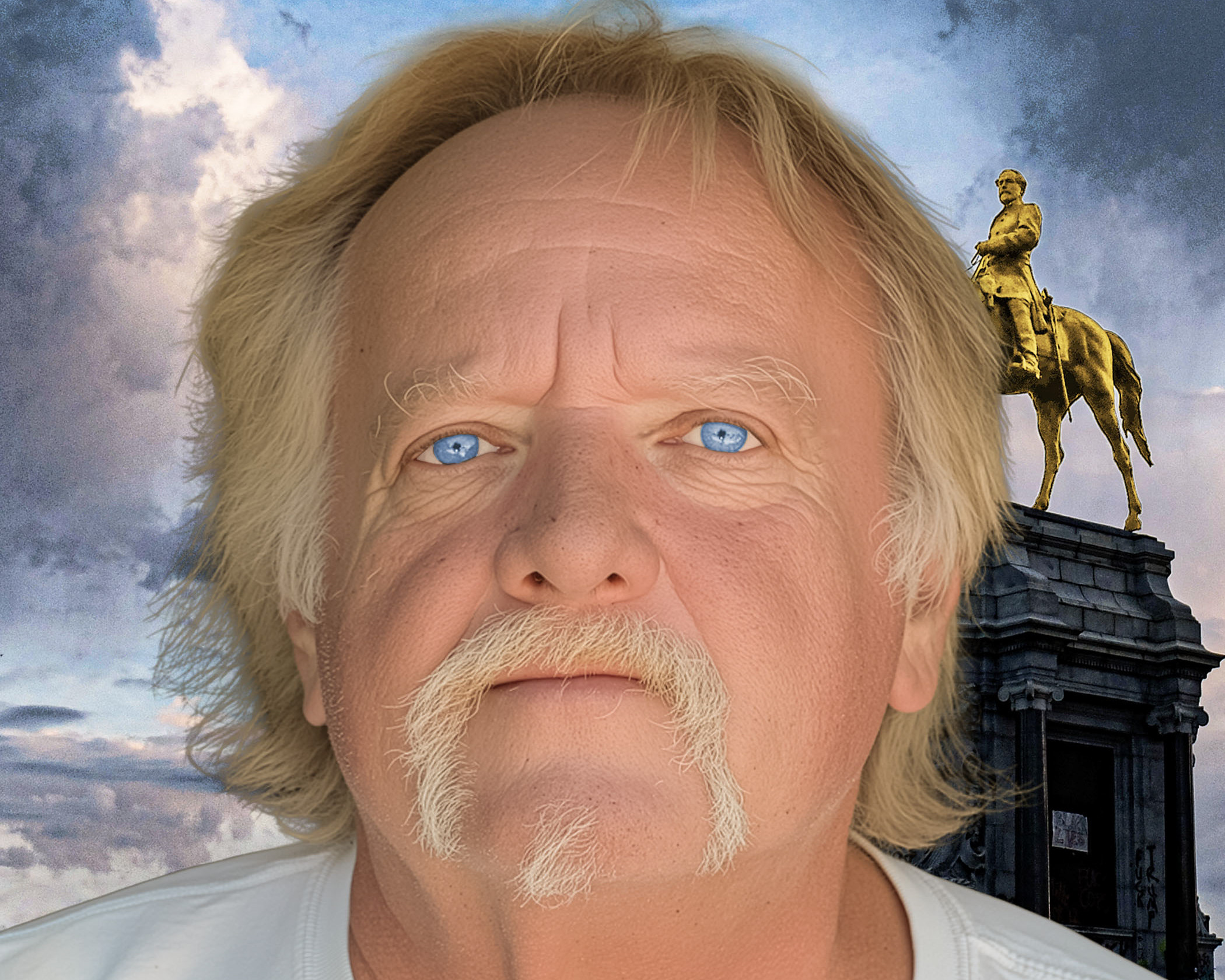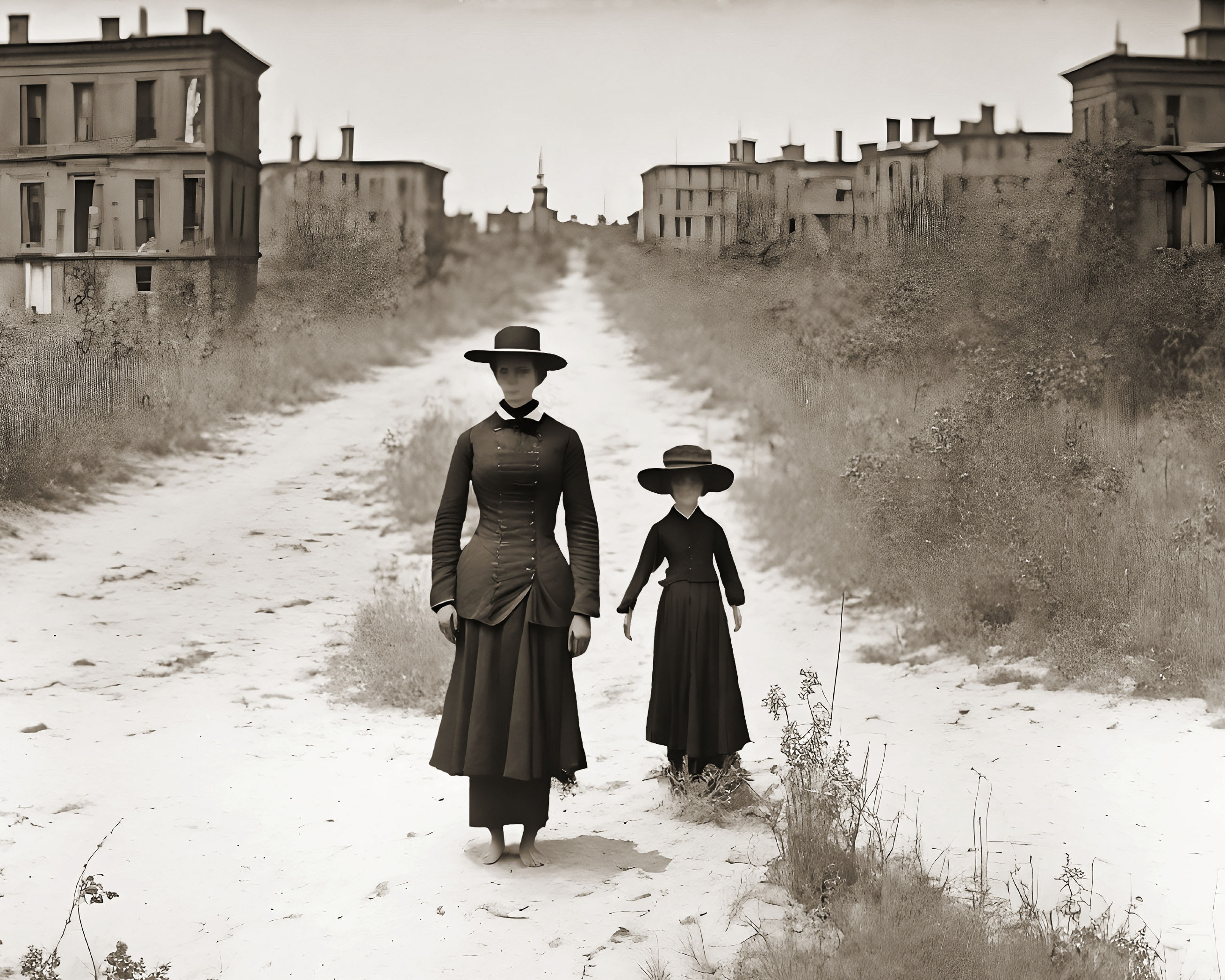We were working on a house made out of plastic just downstream from the Smurfit Westrock paper plant, where the Pamunkey and the Mattaponi rivers meet to form the York River.
The crew had eaten lunch, and everyone was waiting for the smokers. Their ritual was one cigarette before eating, another during, and two or three after—since smoking on the jobsite was forbidden. I had my camera with me and said to Adair, how about a portrait? Without hesitation he stepped into the cornfield and picked ears of corn - he knew exactly what he wanted to do.
Adair was a musician and there were other musicians on the crew. When they found a customer’s musical instruments, they would spontaneously start to jam – work could wait. The crew always talked about music. When Adair heard me listening to George Benson’s cover of Leon Russell’s This Masquerade, he listened to it nonstop. He was adored by the wealthy women whose homes we worked in. They gave him food, money, and one woman gave him a live orchid from her collection. I once asked a crewmember who had grown up with him why he thought women showered him with attention. He said, “he is the roly, poly brown baby they always wanted.” We called him El Guapo.
Over the six years we worked together he developed a “wet brain.” His personality went from being intelligent, affable, and outgoing to paranoid, combative, and given to strange, inexplicable acts—things that went far beyond mere eccentricity. Eventually, he lost his ability to play guitar.
After multiple DUIs, the Commonwealth forced him to choose between prison or self-funded residential treatment. He chose treatment. There he met a woman who convinced him heroin could solve his problems. Because it was his first time, people insist it was accidental. I think he was tired and realized he was too young to be that tired.
I was told by a career portraitist, the bluest of blue bloods, that a portrait should show people with dignity. I disagreed - the portrait should say what the sitter wants to say. Nonetheless this image was a throw away to me; it was too undignified. But looking back, it said what he needed to say: his life was a burden too great for him to dignify.

